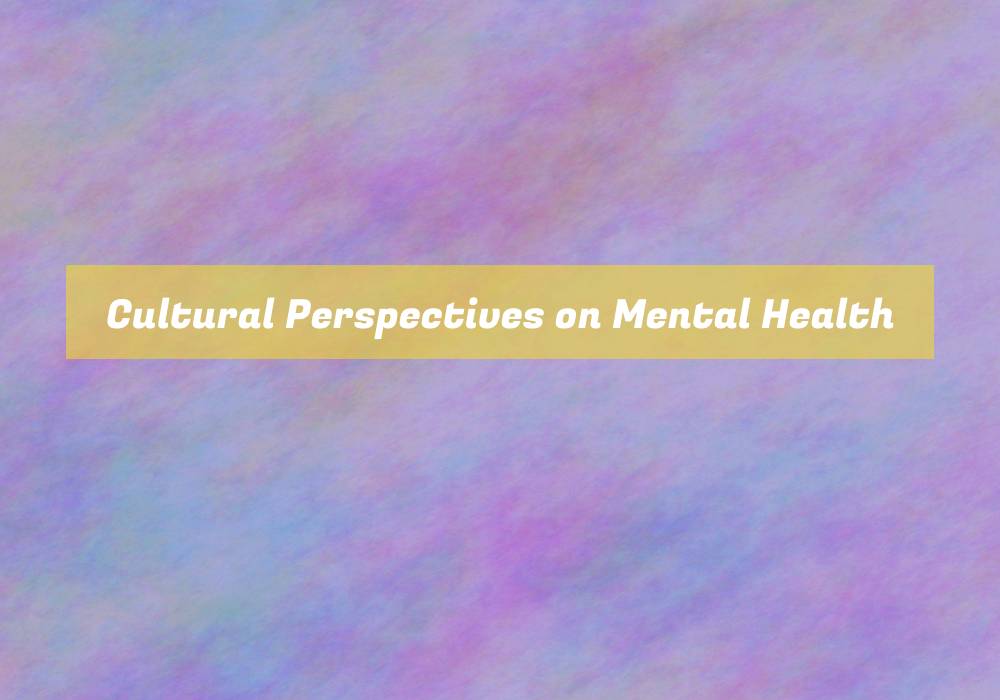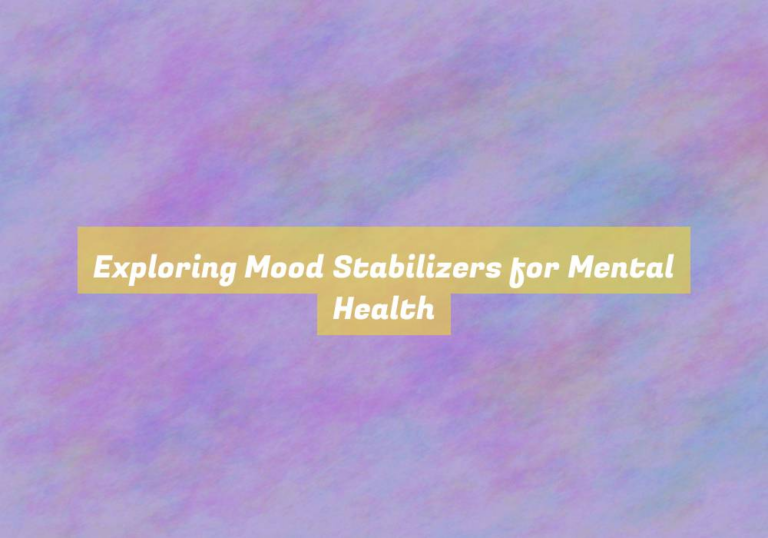Cultural Perspectives on Mental Health
You may think you understand mental health, but have you ever considered just how much cultural perspectives can influence it?
The impact of cultural diversity on mental health is a complex and often overlooked aspect of psychological well-being.
As you explore this topic, youG??ll gain insight into the importance of cultural competence in mental health services and discover how culturally sensitive approaches can make a significant difference in the lives of individuals struggling with mental health issues.
Impact of Cultural Diversity on Mental Health
Understanding how cultural diversity influences mental health is crucial for providing effective and inclusive support to individuals from different backgrounds. Cultural beliefs and practices can significantly impact an individualG??s perception and experience of mental health.
For example, in some cultures, mental health issues are stigmatized, leading individuals to feel ashamed and reluctant to seek help. Conversely, in other cultures, mental health challenges are viewed holistically, considering the individual within the context of their community and environment. These differing perspectives can shape how individuals cope with and seek treatment for mental health concerns.
Moreover, cultural diversity also affects the availability and acceptance of mental health services. Language barriers, lack of culturally competent providers, and differing attitudes toward mental health treatment can create obstacles for individuals from diverse backgrounds in accessing care. Additionally, cultural norms and values influence the expression of distress and the interpretation of symptoms, which can impact diagnosis and treatment approaches.
Recognizing and respecting the influence of cultural diversity on mental health is essential for developing interventions and support systems that are accessible, effective, and inclusive for all individuals. By understanding and embracing cultural differences, mental health professionals can provide more personalized and relevant care, ultimately improving outcomes for diverse populations.
Importance of Cultural Competence in Mental Health Services
To effectively support individuals from diverse cultural backgrounds, mental health services must prioritize cultural competence in their approach to care. Cultural competence is crucial in ensuring that mental health services are accessible and effective for all individuals, regardless of their cultural background. By being culturally competent, mental health professionals can better understand and address the unique needs and experiences of individuals from different cultural groups.
Cultural competence also involves recognizing the role of culture in shaping beliefs about mental health and help-seeking behaviors. It requires mental health professionals to be aware of their own cultural biases and to approach each individual with respect for their cultural beliefs and practices. This can help build trust and rapport between the provider and the individual seeking care.
Furthermore, cultural competence in mental health services can lead to more accurate assessments and diagnoses, as well as more effective treatment plans. It can also help reduce disparities in access to mental health care and improve overall mental health outcomes for individuals from diverse cultural backgrounds.
In essence, prioritizing cultural competence is essential for providing high-quality, equitable mental health care to all individuals.
Culturally Sensitive Approaches to Mental Health Care
In providing mental health care, itG??s essential to approach each individual with sensitivity to their cultural background and beliefs. Culturally sensitive approaches to mental health care involve acknowledging the impact of culture on an individualG??s perception and experience of mental health issues. ItG??s important to recognize that cultural factors such as language, family dynamics, religious beliefs, and traditional healing practices can significantly influence an individualG??s understanding of mental health and their willingness to seek help.
To provide culturally sensitive care, itG??s crucial to engage in ongoing education and training to understand different cultural perspectives on mental health. This includes learning about specific cultural beliefs related to mental illness, as well as understanding the stigma or discrimination that may exist within certain cultural communities. Additionally, itG??s important to involve family members and community leaders in the treatment process when appropriate, as they can provide valuable insights and support.
Furthermore, mental health professionals should strive to adapt their treatment approaches to align with the cultural preferences and values of the individuals they serve. This may involve incorporating culturally relevant therapies, respecting religious practices, and considering the impact of social determinants of health within specific cultural contexts. By embracing culturally sensitive approaches, mental health care providers can better support individuals from diverse cultural backgrounds and improve overall mental health outcomes.
Holistic Strategies for Addressing Mental Health in Different Cultures
When addressing mental health in different cultures, itG??s important to consider holistic strategies that encompass the interconnectedness of physical, emotional, and spiritual well-being.
In many cultures, mental health is viewed within the context of the whole person, including their relationships, community, and spiritual beliefs. To address mental health in diverse cultures, itG??s essential to integrate various approaches that acknowledge the interconnected nature of well-being. This can involve incorporating traditional healing practices, such as herbal remedies, acupuncture, or spiritual rituals, alongside modern therapeutic techniques. By embracing a holistic approach, mental health care can be more inclusive and respectful of diverse cultural beliefs and practices.
Moreover, promoting physical well-being through activities like yoga, tai chi, or traditional dances can also contribute to mental wellness in many cultures. Engaging in these practices not only benefits physical health but also plays a significant role in emotional and spiritual well-being.
Additionally, fostering a sense of community support and belonging is crucial in many culturesG?? approaches to mental health. This may involve family involvement, community gatherings, or peer support networks, all of which can significantly impact individualsG?? mental well-being.
Conclusion
In conclusion, understanding cultural perspectives on mental health is crucial for providing effective and inclusive care.
By recognizing the impact of cultural diversity on mental health, prioritizing cultural competence in mental health services, and implementing culturally sensitive approaches, we can address the unique needs of individuals from different backgrounds.
Embracing holistic strategies for mental health care in various cultures is essential for promoting overall well-being and reducing disparities in mental health outcomes.







You raise a critical point about the intersection of cultural diversity and mental health, an aspect that is often overshadowed in broader discussions surrounding psychological well-being. Having worked in community mental health services for several years, I’ve witnessed firsthand how cultural perspectives shape our understanding and treatment of mental health issues.
You bring up an essential point about how cultural perspectives influence our understanding and treatment of mental health issues. It’s fascinating to think about how deeply our experiences, upbringing, and societal values shape what we consider normal or problematic in the mental health realm. When we recognize that mental health care isn’t a one-size-fits-all approach, we open ourselves to a richer dialogue and more effective practices.
This discussion on the influence of cultural diversity on mental health resonates deeply with me. It’s fascinating, yet often unsettling, how cultural narratives shape our understanding of psychological well-being. Growing up in a multicultural environment, I’ve witnessed firsthand the disparity in how mental health issues are perceived across different communities.